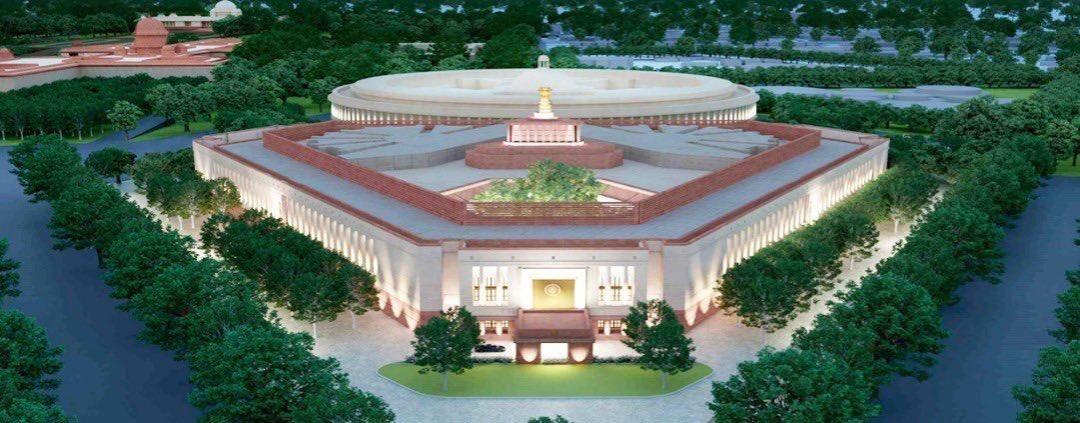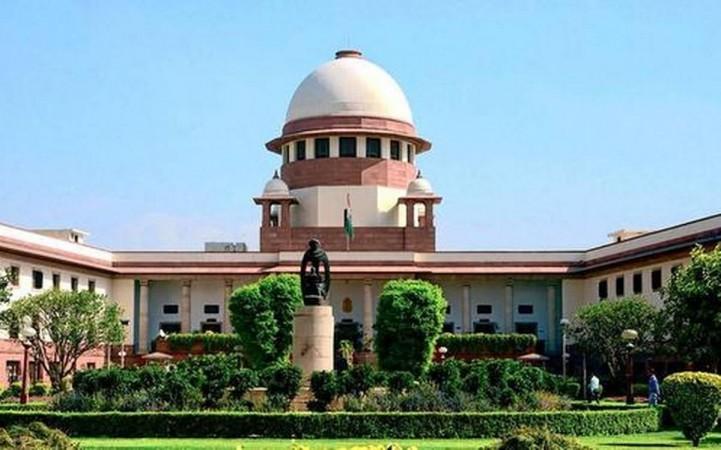In a major relief to the Modi government's ambitious Central Vista new parliament project, the Supreme Court has given its nod for the proposed redevelopment. A bench comprising Justices A.M. Khanwilkar, Dinesh Maheshwari and Sanjiv Khanna cleared the redevelopment project with 2:1 vote.
Justice Sanjiv Khanna dissented on the judgement on the change of land use. Several aspects, including the environmental clearance given to the project, were challenged by a batch of pleas in the apex court.
Justice Khanna also supported the decision that the project should be allowed to be continued, but said he had a different view on the land-use reform. In his dissenting opinion, he said, "There was no prior approval of the heritage conservation committee and thus matter remitted back for a public hearing. On the environmental clearance aspect, it was a non-speaking order."

Pronouncing the judgement, Justice A.M. Khanwilkar said, "We hold that the exercise of the Central government under the DDA Act is legal and valid, and the impugned notification stands confirmed. Recommendation by the Environmental Committee is just and legal and uphold the same."
Central Vista project
Announced in September 2019, the Central Vista revamp envisages a new triangular parliament building to be designed by August 2022, when the nation will mark its 75th Independence Day. Under a project against which different pleas have been lodged, the Common Central Secretariat is likely to be constructed by 2024.
The project spans three kilometres from Rashtrapati Bhavan to India Gate in Lutyens' Delhi. Tata group has won the contract of construction of the new parliament building. The construction of the new building would cost the government exchequer around Rs. 971 crore.

On November 5, 2020, the bench reserved its judgement on pleas questioning the project. On December 7, the Supreme Court allowed the Centre to start on December 10 with the foundation stone-laying ceremony for the Central Vista project after the government's assurance that no construction or demolition work would begin until the ongoing pleas on the issue were decided by the Supreme Court.

















